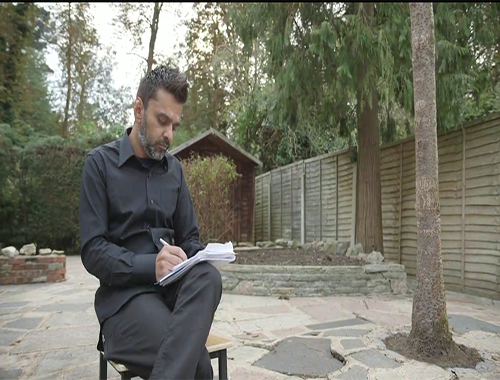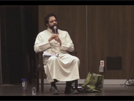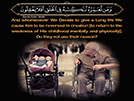(A) Is Taqlīd Reasonable?
- Details
- Hits: 2694
(A) Is Taqlīd Reasonable?
First of all, taqlÄ«d is not “blind following,” it is based on an informed decision taken by the individual Shi‘a man or woman. Before you start following the opinions of a mujtahid in the sharÄ«‘a laws, you have to ascertain that he has the required expertise and that he is of upright character.
Secondly, it is not always unreasonable to follow others and to hold uncritical faith in them. We can logically distinguish four possible forms of imitation:
1. an ignorant person imitating another ignorant person;
2. a more learned person imitating a less learned person;
3. a less learned person imitating an ignorant person;
4. a less learned person imitating a more learned person.
It is quite clear that the first three forms of imitations are unreasonable and can serve no purpose. However, the fourth kind of imitation is obviously not only reasonable, but also necessary and a matter of common sense; in our everyday life we follow and imitate others in many things; we like to take the advice of experts in matters outside our own knowledge.
Someone who wishes to build a house, explains the basic idea of what he wants to the builder and then submits to his advice as to how he should go about the actual construction. The patient follows the treatment advised by the doctor; a litigant consults a lawyer when drawing up his case for a court. The examples are abundant; in most cases the advice is taken voluntarily, but sometimes the citizen may be required by law to seek expert advice and act upon it, before, for example, he is allowed to take some particularly dangerous drug. The clearest example is obviously a case of a legal dispute between two parties, when they are required to take their grievances before a judge and abide by his decision if they cannot settle their dispute amicably.
The practice of taqlīd is an example of the same kind: the person who is not an expert in Islamic jurisprudence is legally required to follow the instructions of the expert, that is, the mujtahid.











